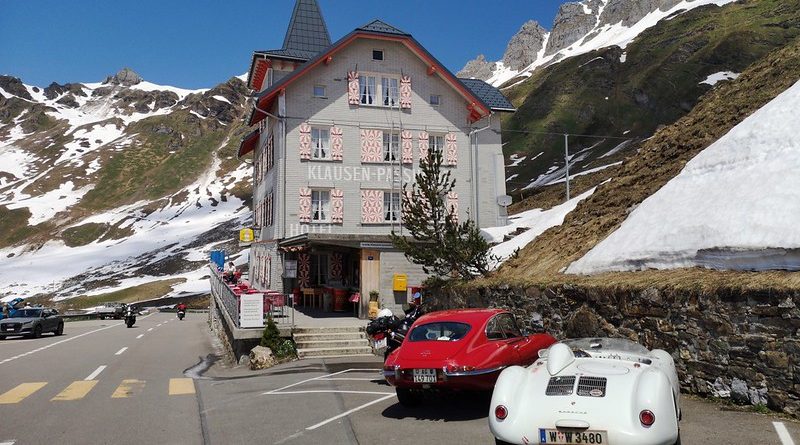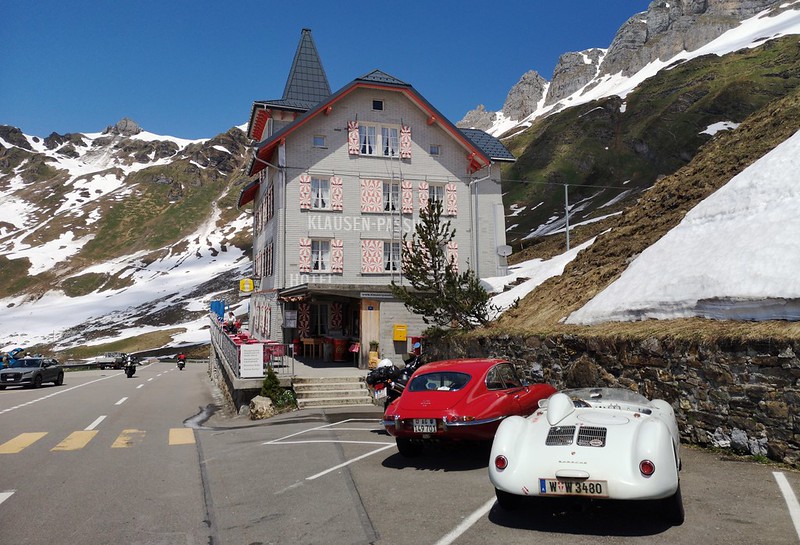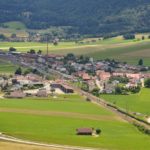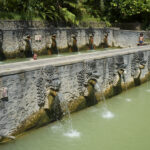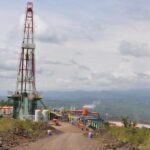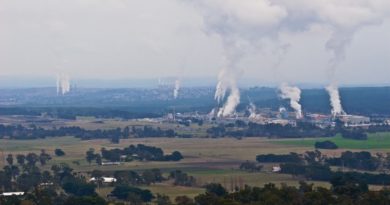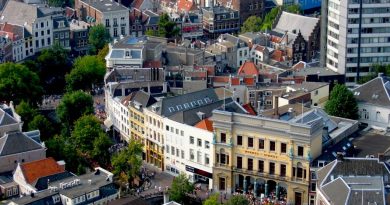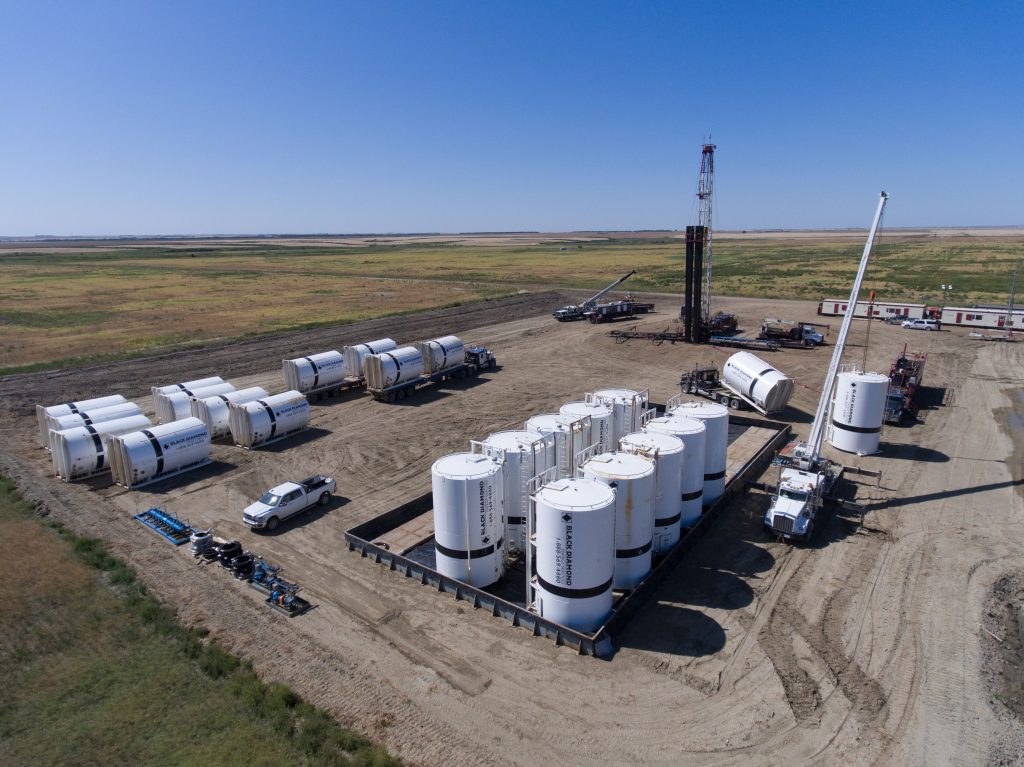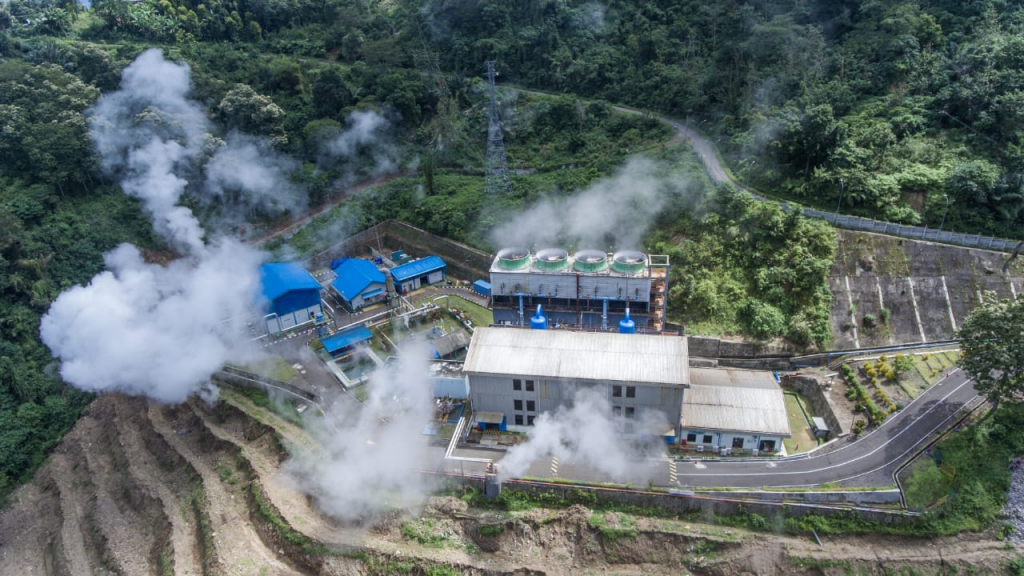Canton of Uri wants to explore geothermal direct use potential
Energy Disrupter
Seeing medium-deep geothermal resources providing an opportunity for direct use for heating, the regional government in the canton of Uri in Switzerland wants to explore its potential.
The government of the canton of Uri in Central Switzerland wants to explore the potential of medium-deep geothermal. The geothermal energy at a depth of 500 to 3000 meters is not yet used in Uri. This could change soon. The government agrees to the concern of a parliamentary recommendation on this subject.
Geothermal energy, i.e. the use of geothermal energy, still has potential in the canton of Uri, according to Raphael Walker (Greens, Altdorf) and second signatory Ruedy Zgraggen (CVP, Attinghausen). With a parliamentary recommendation, the two asked the government council in September 2019 to have the potential of medium-deep geothermal energy assessed by means of a study.
This does not mean the “shallow geothermal energy” that is common in the canton of Uri, in which groundwater and geothermal heat pumps draw heat from a depth of up to 500 meters. This means that fossil fuels can be replaced and the climate can be protected, according to the proposal. However, the district administrators state that the operation of such heat pumps also requires a lot of electricity: In the end, such heat pumps still get up to a quarter of the heating output from the socket, with air-water heat pumps even up to 100 percent on very cold days.
From a depth of 1000 meters, the heat can be used directly
The two district administrators are therefore focusing on so-called “medium-deep geothermal energy”, i.e. the use of geothermal energy at a depth of 500 to 3000 meters. “In the area of ??1,000 to 1,500 meters depth, the ground is so warm that a heat pump is no longer necessary for space heating and domestic hot water and the power consumption is limited to the feed pump,” write the district administrators.
Because medium-deep geothermal energy cannot usually be drilled by individual homeowners, feeding it into a heating network makes sense, the district administrators state in their initiative. The energy required to set up a geothermal system is compensated for in less than a year by the energy generated.
Potential investors are dependent on a certain prior knowledge of the geological subsoil, i.e. an assessment of the geological potential, in order to be able to submit an application to the federal government for contributions to medium-deep geothermal energy.
“Only for the cantons of Uri, Glarus and the two Appenzells has there been no clarification of the potential for geothermal energy”, so Walker and Zgraggen. They want to change that with the parliamentary recommendation.
Advance should be included in the overall energy strategy
Almost a year and a half after submitting their proposal, the district administrators have now been given the go-ahead by the Uri government council. Shallow geothermal energy in the form of geothermal probes and groundwater use has been supported since the start of the Uri energy support program in 2000. With success: To date, around 800 permits for drilling have been issued “and thus made an important contribution to the use of ambient heat”.
In contrast, the medium-deep geothermal energy in the canton of Uri – with the exception of the use of tunnel water in Erstfeld or Realp – is not yet used. As mentioned in the parliamentary recommendation, an assessment of the potential and a possible usage concept are missing.
“In order to meet the challenges of climate and energy policy, the government council considers the further expansion of the use of ambient heat to be essential”, so the answer to the initiative.
Medium-deep geothermal energy can make a not insignificant contribution here – as long as there is usable potential with corresponding economic efficiency.
Work is currently underway on the development of the new overall energy strategy with the plan to submit this to the district administrator for information by the end of 2022. “The increased use of geothermal energy also plays a role here,” writes the government council in its reply. In this context, the parliamentary recommendation to prepare a potential study for the use of medium-deep geothermal energy will be incorporated. The government council therefore recommends that the district administrator at his session on March 30th, 2022 transfer the parliamentary recommendation.
Source: Luzerner Zeitung

